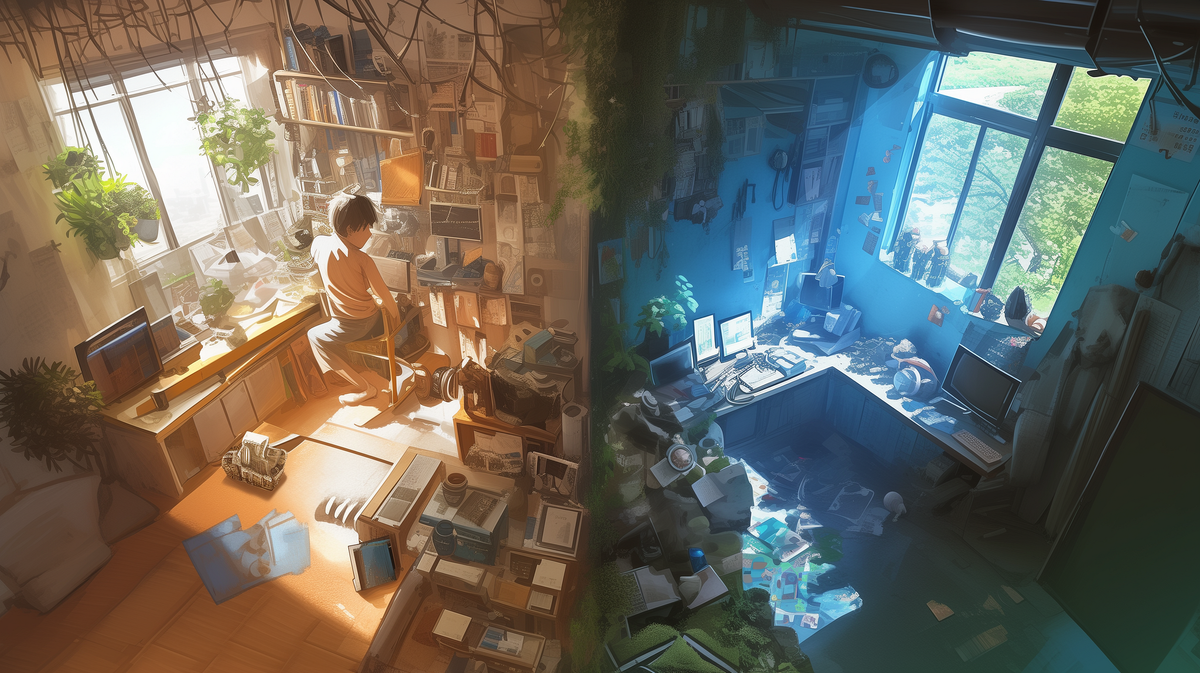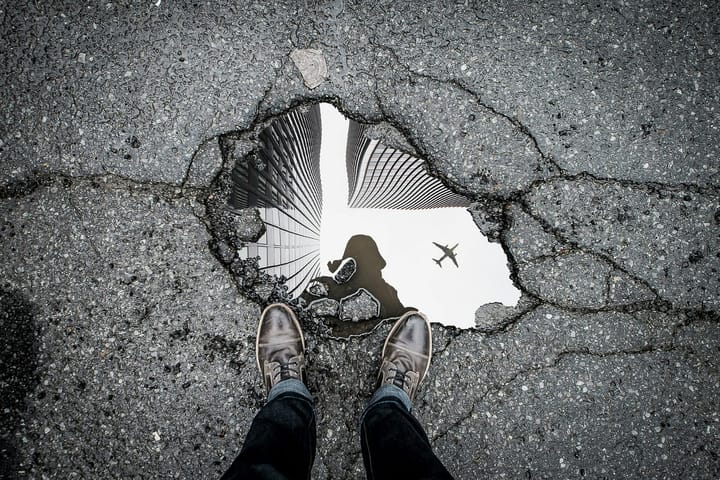How your environment won’t let you change

On What I Read –Log #5 | Atomic Habits, James Clear
It’s the 5th day since I became a daily writer. I wake up, take a kilometre walk, sit in front of my notes and write. I have been doing that for the last 5 days, and it’s entertaining.
The choice of my words might confuse you. “Entertaining”? Yes, it’s fun. I know not many people read this; that’s how the readership has been for the first four articles. And I don’t mind it. Why? Those articles weren’t shared to gain viewership. They were my thoughts on what I read on that day. But, on my end, things are different.
Knowing and understanding something is entirely different. Knowing helps me share, and understanding helps me change. Hence, sharing this daily log is my way of understanding. I’ll share this in my upcoming article, explaining why I write this “on what I read” series. But I want you to know that understanding something can lead to a new dopamine hit compared to eating junk food. They give a euphoric high. And I think I am addicted to it as I am craving it in every part of my life.
The main discussion
It’s established that habits are sequences of actions that happen once the brain perceives a trigger. The trigger can be visual, like a calendar, a to-do list, or a sandwich advertisement. It can be acoustic, like the famous “The Office” scene where Dwight feels his mouth bad once Jim stops sharing his candy.
But ultimately, it’s the cue that kicks off the entire habit. Research has shown that a thirty-millisecond clip of drugs can kickstart the cravings in drug addicts. That’s thirty milliseconds; it’s how fast we close and open our eyes. And that triggers an intense craving. That’s how powerful these cues can be, and they impact everyone. Even those “self-disciplined” ones that we know. They are humans, after all.
What makes the most difference in those who suppress their cravings or urge to do something?
I thought it was a difference in willpower. It was a common assumption. However, the author shares a different viewpoint. It says that people with self-control arrange their lifestyle in a way they need it the least. And Bam! My mind is blown.
Arranging that lifestyle
The lifestyle or the actions that we take are the most impacted by our environment. To put it in simple words, “You can never practice the guitar if it’s tucked back in the closet.” Acting according to this rule, people with high discipline typically arrange their environments so that all the bad cues are not easily visible to them; rather, they make it so that their “good” habit cues are as obvious as they can get.
Example? Placing their phone in a different room before going to sleep, placing a book on the pillow in the morning to read before going to bed, and keeping those walking/running shoes where they can see them first thing in the morning. Ultimately, they manage it so that their willpower is used the least.
The people with the best self-control are the ones who need to use it the least.
— pg.93, Atomic Habits.
Why is this important?
Well, most people live in a world designed by others. Designing your environment to meet your needs allows you to regain control of your life. Adding the pointing-and-calling method discussed previously to this environment design can help you place the desired cues in obvious places.
But, not everyone has a large enough place to keep the entire environment organised. Look at me, a guy who lives in a three-room apartment. I have a kitchen, a hall and a bedroom. So, my cues are going to send mixed signals. However, I found a simpler way to define the cues — the lighting. When I want to read, I turn off all the lights, including the monitor and turn on my desk lamp. Once that’s done, reading is a natural thing to do.
At night, I place many books and water bottles on my recliner so that I won’t jump onto the recliner once I finish my morning walk. You, too, can do something like this to change your environment and fix your cues. The possibilities are endless, only limited by your creativity.
I want to end this with one small discussion on movie depictions. This is more of a pet peeve. The smart people or the great artists in the media are shown as disorganised and discipline-lacking people. I’m not saying that’s not possible. But that’s possible when your talent and vision dominate every other aspect of your life. And that’s a rare thing to have. In our day-to-day life, it’s better to keep habits in line.
Try to devise a few ways you’ll change your environment and share them with me!
I hope you found something of value in this article. Thanks for reading till the end! Until next time! ✌️
Follow @thestorytaste to stay connected!


